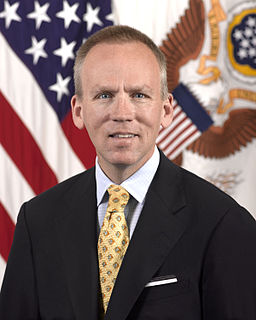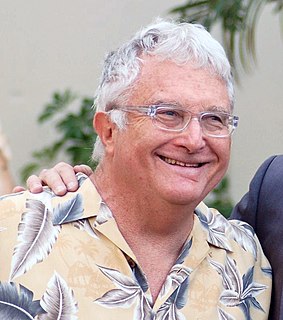A Quote by Lauren Groff
I'm ambivalent about the Orange Prize. I was really proud to be shortlisted alongside the other writers, whom I admire. That said, I don't know if it's best way of addressing gender inequality problems.
Related Quotes
The way we learn to write is the way we learn to talk: We listen to others and start mimicking speech, and that's how we come to become speakers. Writers you admire, you admire the way they plot, you admire the way they create a character, you admire the way they put a sentence together, those are the writers you should be reading.
Being shortlisted for the Swansea University International Dylan Thomas Prize is, of course, a real honour for me and my work. When I wrote 'Conversations with Friends,' it was hard for me to imagine the book even finding readers - so it's a huge privilege to find it judged alongside such exciting and innovative new writing. I'm very grateful.
I really need to know where I'm going with fiction to write it in a way that at least I'm happy with. And I really think that a lot of fiction books end badly because terrific writers said, "I'll just figure it out" and plunge in, but have created so many problems that they are kind of impossible to solve. I mean, I'm talking really good writers do this and you can tell when they got to the end they either had to do something preposterous or they just don't really resolve things. So for fiction I spend a lot more time outlining and for humor I really don't do much of it.
I'd say my relation to being a woman is, I mean being a woman is whatever you want because the concept of gender is not really real, you know? And so for me it's about being comfortable in myself. It's about allowing myself to express who I am in any way that I want to, whether that be through my clothing, the way I present myself to the world, whether that be through like my gender identity and my pronouns. It's just really about allowing yourself to really be expressive and creative.
And what the people but a herd confus'd,
A miscellaneous rabble, who extol
Things vulgar, and, well weigh'd, scarce worth the praise?
They praise, and they admire, they know not what;
And know not whom, but as one leads the other;
And what delight to be by such extoll'd,
To live upon their tongues, and be their talk,
Of whom to be disprais'd were no small praise?
Miss Abigail, I want to be an author because writers know when a person is lonely. I mean, when Molly read me some books, those writers reached out and said, Look Gideon, we know about your loneliness and we know you're feeling downtrodden. And they said...I'll stand up for you. You're not lone anymore.
When I got pregnant, I told [Susan Sarandon ]. She said, "All right. I'm gonna tell you the thing to do when you're giving birth: Push like you're trying to win a prize, like you want to be the best patient he's ever had. He's going to give you a prize for winning that." So I did. [The doctor] said, "You are probably the best pusher I've had as a patient."







































